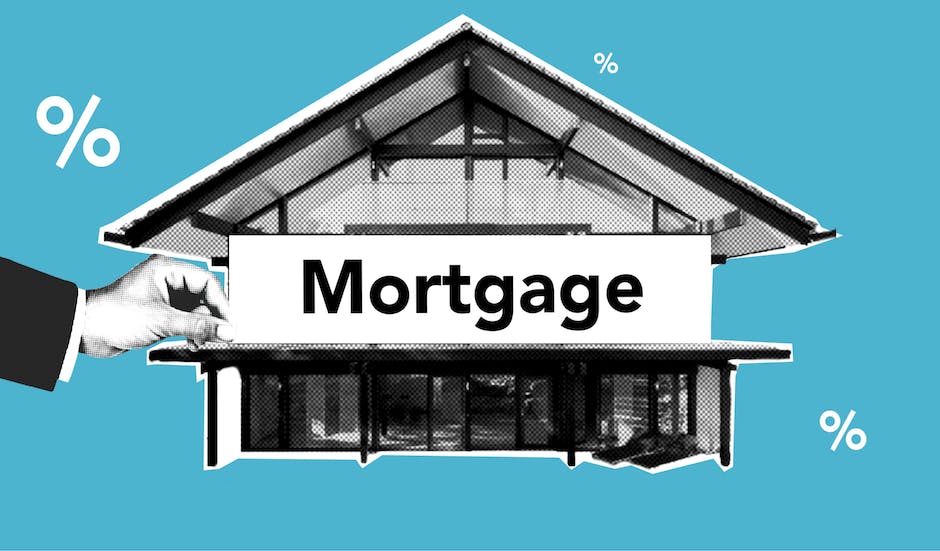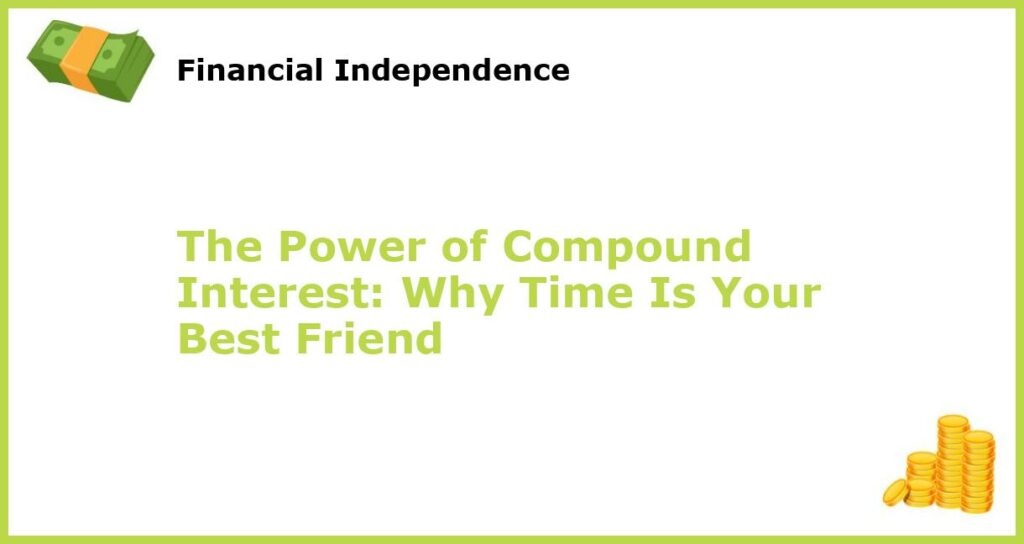Compound interest is a concept that can benefit anyone who is interested in making their money grow. It involves earning interest not only on your initial investment but also on the interest that your investment has already earned. This means that your money can snowball over time, especially when invested at a relatively young age. By compounding, you can potentially earn significant returns that can help you achieve your financial goals.
Compound Interest Explained

Compound interest is the interest earned on the initial investment, as well as any previously earned interest. The basic idea is that you earn interest on the interest that has already been added to your principal amount. For example, if you invest $1,000 at a 5% annual interest rate for one year, you will earn $50 in interest. However, if that interest is added to your principal and you continue to earn interest on that new, higher amount, your investment will grow even more quickly.
How Compound Interest Works

The longer you keep your money invested, the more time it has to compound. For example, if you invest $1,000 with an annual interest rate of 5%, after one year, you will earn $50 in interest. However, if you keep that money invested for 10 years, your original investment will grow to $1,628.89. That’s an extra $628.89 earned solely from compound interest. It’s important to note that the more frequently interest is compounded, the quicker your investment will grow. When interest is compounded more frequently, you earn interest on a higher balance more often. So, when thinking about investments, make sure to consider how frequently compound interest will be paid.
The Benefits of Starting Early

Starting to invest early can be incredibly beneficial due to the power of compound interest. Even if you start with a small amount of money, it can grow significantly over time. Let’s say that you start saving 100 dollars a month at age 25 and continue until you’re 65, with a 6% annual return on investment. You will have accumulated over $230,000, with just $48,000 of that being what you contributed. On the other hand, if you start saving the same $100 at age 35, the compounded effect of interest will be much different. You are likely to only accumulate $117,000 with $36,000 in contributions.
By starting early, you allow your money to compound over a longer period, meaning you have a better chance of earning a higher return in the long-term. This means that the younger you start investing, the more time your money has to compound, and the larger your potential returns over time.
Compound Interest and Retirement

Compound interest is particularly valuable when it comes to planning for retirement. Starting to invest early in a retirement account, such as a 401(k) or IRA, allows your money to grow significantly over time. By maxing out your 401(k) contribution at the annual rate of 19,500 dollars, you are setting yourself up for success. With compound interest, this can grow to over a million dollars in as little as 30 years!
The Importance of Consistency

Consistency is one of the keys to success when it comes to compound interest. Making regular contributions to your investments allows your money to continue to compound over time. Even small contributions made consistently can have a significant impact on your investment returns. This means that you should make every effort to invest as regularly as possible. Instead of trying to make huge contributions at random intervals, try to invest smaller amounts more frequently.
The Power of Reinvesting Your Earnings

Reinvesting your investment earnings is another way to make compound interest work for you. By taking the dividends or interest earned from an investment and reinvesting it, you continue to earn interest on the original investment as well as the reinvested earnings. Consider this: if you invested $10,000 in the S&P 500 in 1980, and reinvested all of your dividends, you would be sitting on almost $550,000 in 2021.
The Risks of Waiting Too Long

Waiting too long to start investing can be detrimental when it comes to the power of compound interest. Every year that you wait can significantly decrease the amount of money you will earn over time. This means that it is important to start investing as soon as possible, even if it is with a small amount of money. This lesson is critical for anyone who is waiting for the “perfect” time to invest. The perfect time is always right now. The earlier you start investing, the longer you’ll have to grow and benefit from your investments.
The Role of Risk in Compound Interest

The level of risk is a significant factor when it comes to compound interest. Riskier investments can yield higher returns in a shorter period. However, this also means that you can lose money in investments that do not perform as expected. So it is important to understand your risk tolerance and invest accordingly.
Generally, the higher the risk of an investment, the higher the potential returns. But the probability of the investment making enormous returns or losing significant amounts of money also increases. So before investing your money, it’s a good idea to understand your risk tolerance so you can make the right investment decisions.
The Importance of Diversification

Diversification is also vital when it comes to making compound interest work for you. By spreading your money across different asset classes and diversifying your investments, you can potentially reduce your risk while still earning returns through compound interest. By diversifying, you expose yourself to a variety of investments rather than putting all your eggs in one basket.
This allows you to navigate the ups and downs of the investment market with a clear plan. Remember, it’s important to invest in a range of different investments to reduce losses and ensure that you’re not narrowly exposed to any one kind of investment.
The Bottom Line
The power of compound interest is something that can’t be overstated. By understanding how it works and starting to invest early, you can potentially earn significant returns over time. Consistency, reinvesting your earnings, and diversification can all play significant roles in making compound interest work for you. Remember. if you’re not investing, you’re missing out on the power of compound interest. Make sure that you are investing what you can, when you can to set yourself up for a successful financial future.







